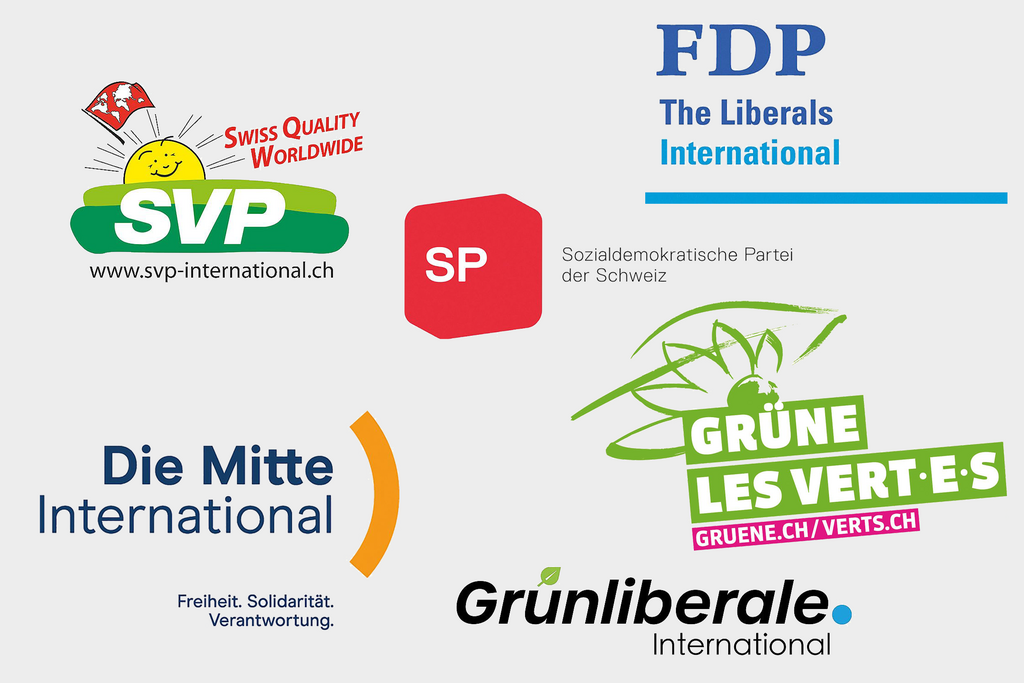The Ecopop campaigners fought a lone battle. The Federal Council, all parties represented in Parliament, business associations, trade unions and environmental organisations all opposed it. There were nevertheless major fears that Swiss voters might also approve the much more radical Ecopop initiative after supporting the Swiss People’s Party’s (SVP) initiative against mass immigration on 9 February 2014. Entitled “Stop overpopulation – safeguard our natural environment”, the popular initiative addressed very different matters. It focussed on environmental issues, promised to deal with immigration concerns and growth stress and found favour amongst xenophobic groups.
The surprisingly overwhelming rejection of the proposal, with 74.1 % of voters opposing it, indicates that the majority of the Swiss population does not wish to completely jeopardise European ties after the narrow yes vote on 9 February. Ecopop’?s rigid immigration restrictions would have made the bilateral agreements with the EU untenable. The Swiss are very much aware of how important stable relations with Brussels are to the Swiss economy.
However, the rejection of Ecopop cannot be interpreted as a correction of the decision of 9 February. The electorate wants to apply the brake on immigration but not at any cost. An element of good old Swiss pragmatism has returned to the immigration debate. The rejection of Ecopop only allows a brief respite as it remains unclear how the mass immigration initiative is to be implemented without infringing upon the agreement on the free movement of persons and jeopardising the bilateral approach. There remains little room for manoeuvre in negotiations with Brussels, and the next referendum on European policy will weigh more heavily than all previous ones. And if no solution can be found with Brussels that satisfies all parties, Switzerland will soon have to answer the question of what is more important – the implementation to the letter of the constitutional article of 9 February or maintaining the economically ideal approach of the bilateral treaties.�
Tax privileges maintained
Wealthy foreigners can continue benefiting from favourable flat-rate tax arrangements if they reside in Switzerland but do not work there. 59.2% of voters rejected the popular initiative entitled “An end to tax privileges for millionaires” on 30 November. The campaigners argued that flat-rate taxation was unfair because it infringed upon the constitutional principle whereby everyone pays tax according to their financial capacity. The victorious opponents warned that many flat-rate taxpayers could leave Switzerland, causing economic damage.
Gold initiative fails to gleam
The gold initiative launched by conservative groups on the right set out three requirements: 20?% gold on the balance sheet of the Swiss National Bank (SNB), the total gold holdings should be inalienable and they should be kept in Switzerland. The proposal was overwhelmingly defeated with 77.3% voting against it. The initiative’s proponents argued that gold was a secure investment and would never lose its full value, in contrast to paper currency and securities. Opponents contended that the SNB would lose its independence and flexibility and would no longer be able to effectively defend the euro exchange rate floor of CHF 1.20. �(JM)





![[Translate to en:]](/fileadmin/_processed_/d/2/csm_Revue_202204_Huehnerfarm_SH-Reportage_3074_7901ca94df.jpg)



Comments
Comments :
latur und sollte mit proportionaler Aufteilung auf alle europäischen Staaten gelöst werden. Schweiz inklusive. Ich war in Elendsvierteln in der dritten Welt.
Glaubt mir da werden noch Millionen von Flüchtlingen nach Europa kommen . Denn Europa ist ja auch bei weeitem der Hauptschuldige an
den Zuständen in der dritten Welt.
Frage: Müssen Italien und Griechenland die Schengen- und Dublin-Abkommen kündigen, weil sie diese nicht einhalten? Oder sind diese Abkommen darum jetzt bereits hinfällig?
Antwort: Politik ist, was gemacht wird, und nicht was abgemacht wird.